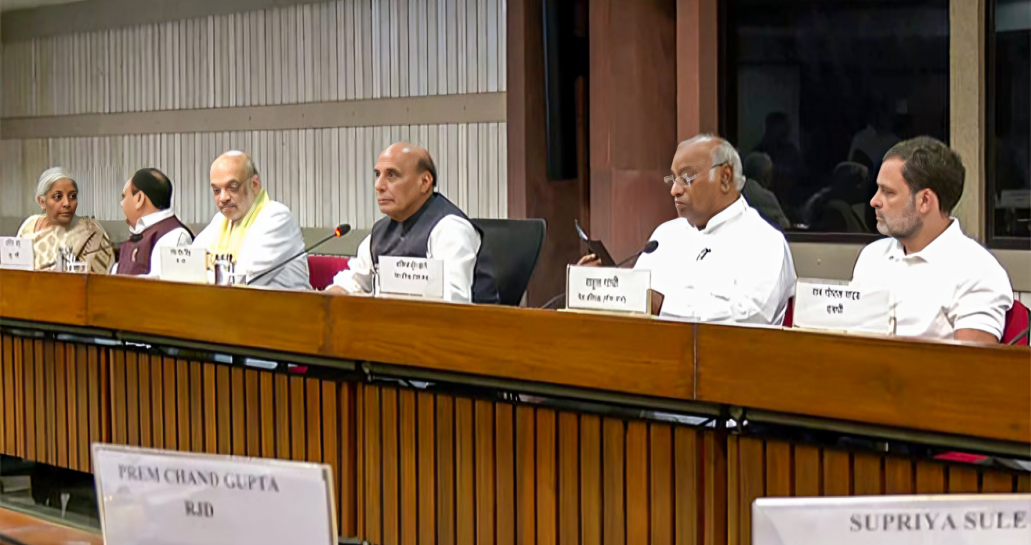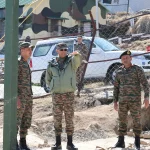In a landmark diplomatic initiative, India has announced the launch of a global campaign aimed at spotlighting Pakistan’s alleged role in fostering terrorism. The move comes amid rising tensions following the April 22 terrorist attack in Pahalgam, Kashmir, which killed 26 people, mostly tourists, and India’s subsequent military operation, codenamed Operation Sindoor, conducted on May 7.
The Indian government is deploying a 40-member delegation comprising parliamentarians from various political parties. Divided into seven groups, the delegations will visit major global capitals including Washington D.C., London, Abu Dhabi, Pretoria, and Tokyo beginning May 23. This unprecedented, multi-party outreach aims to present a united Indian stance on Pakistan’s involvement in cross-border terrorism, with a particular focus on Kashmir.
Each team will be accompanied by an official from the Ministry of External Affairs (MEA), and will be equipped with dossiers outlining evidence of terrorist infrastructure linked to Pakistan. These documents, jointly prepared by the MEA, Ministry of Home Affairs (MHA), and Ministry of Parliamentary Affairs, detail Pakistan’s alleged complicity in promoting terrorism and include accounts of the planning and execution of recent attacks.
The campaign will highlight the outcomes of Operation Sindoor, which targeted nine terror-linked sites across Pakistan and Pakistan-occupied Jammu and Kashmir (PoJK), eliminating over 100 militants. Foreign Secretary Vikram Misri described the strikes as “measured, non-escalatory, proportionate, and responsible,” emphasizing India’s commitment to combating terrorism while avoiding broader conflict.
The delegation includes prominent MPs such as Shashi Tharoor, Manish Tewari, Priyanka Chaturvedi, Sasmit Patra, Sanjay Jha, Salman Khurshid, and Aparajita Sarangi. The initiative, led by Parliamentary Affairs Minister Kiren Rijiju, is intended to send a message of political unity on national security.
The April 22 Pahalgam attack, likened to the 2008 Mumbai attacks for its deliberate targeting of civilians, has drawn global condemnation. India claims the attack was orchestrated by elements based in Pakistan, a charge that Islamabad denies. Pakistan has instead called for an international investigation into the incident.
Operation Sindoor marked the first cross-border strike of this scale since the 1971 Bangladesh Liberation War, with Indian forces reportedly targeting sites deep within Pakistan, including four in Punjab province. The operation has prompted calls for restraint from several nations including France, Germany, Japan, and Qatar, while West Bengal Chief Minister Mamata Banerjee expressed strong support for the central government’s anti-terror campaign.
India’s new diplomatic campaign echoes earlier responses such as the 2016 surgical strikes and the 2019 Balakot airstrikes, reinforcing a trend of military and diplomatic assertiveness in response to terror attacks. Analysts view the inclusive nature of this initiative as a strategic move to demonstrate national consensus and enhance the credibility of India’s narrative on the global stage.
As preparations for the tour are finalized, international observers are watching closely to see whether India’s diplomatic efforts will translate into broader global support or further geopolitical tension in South Asi













